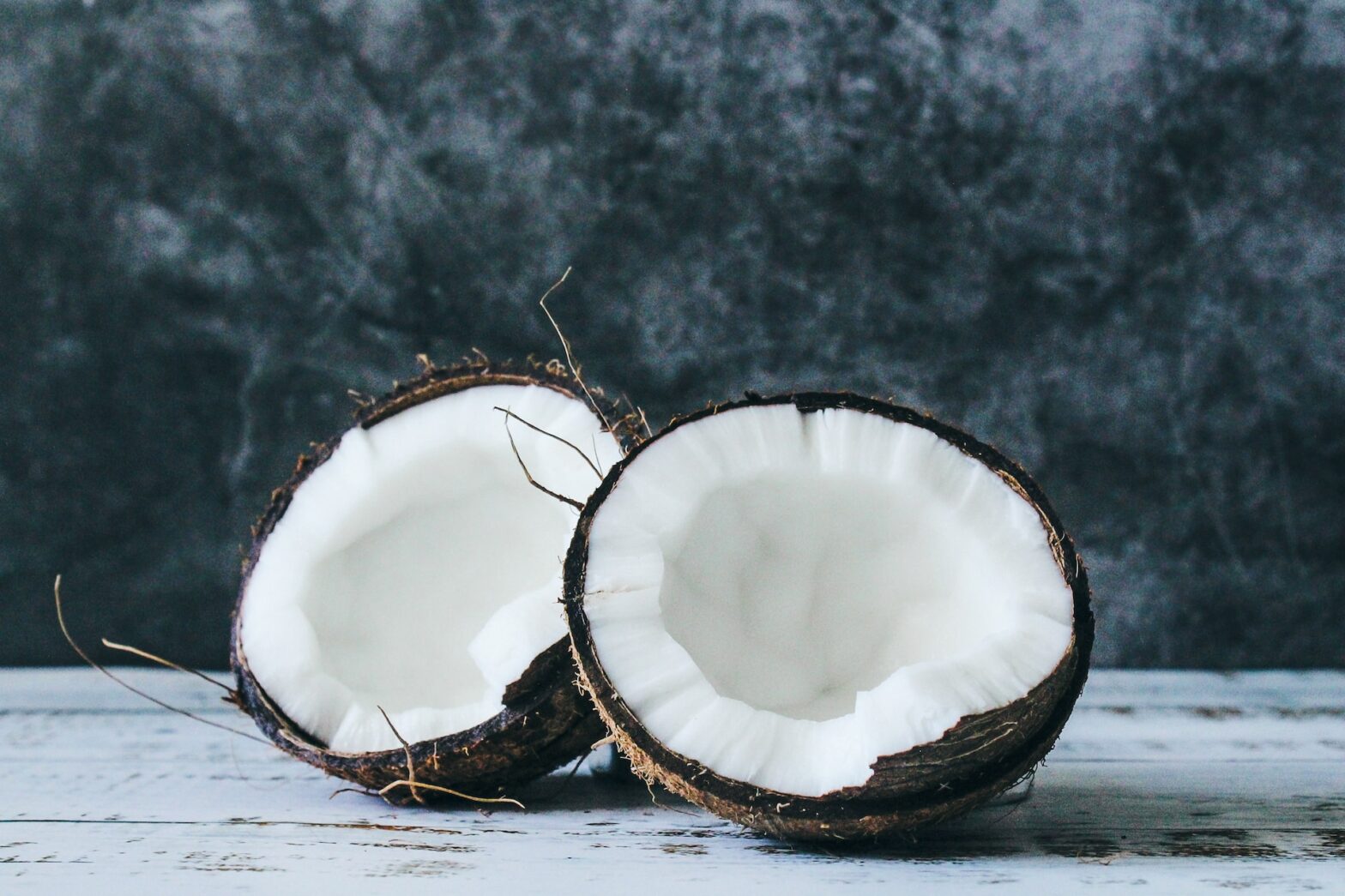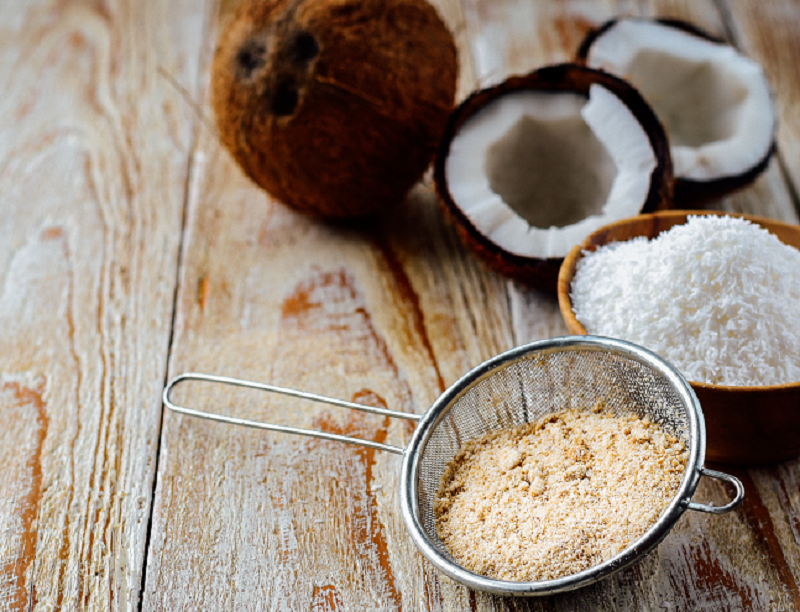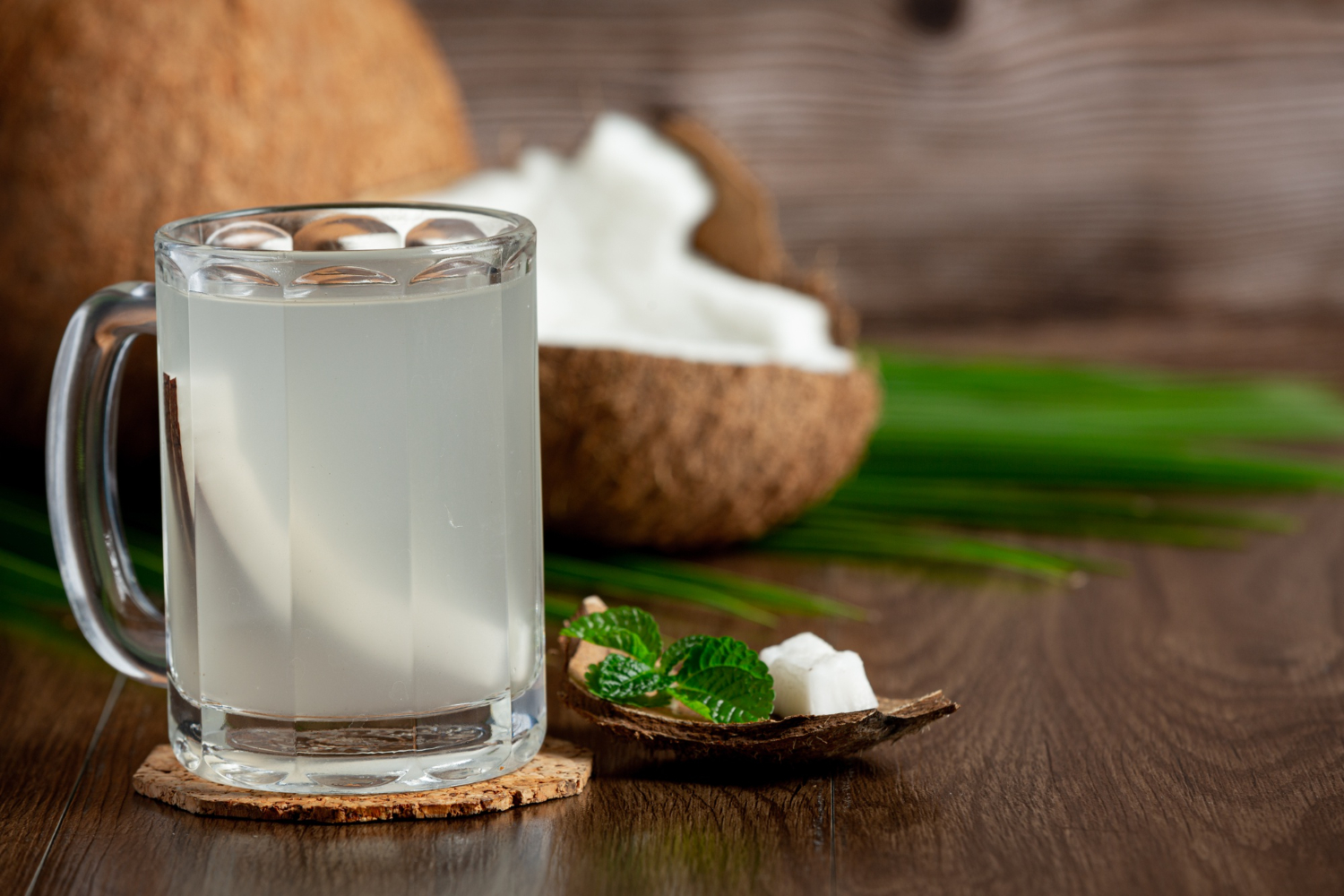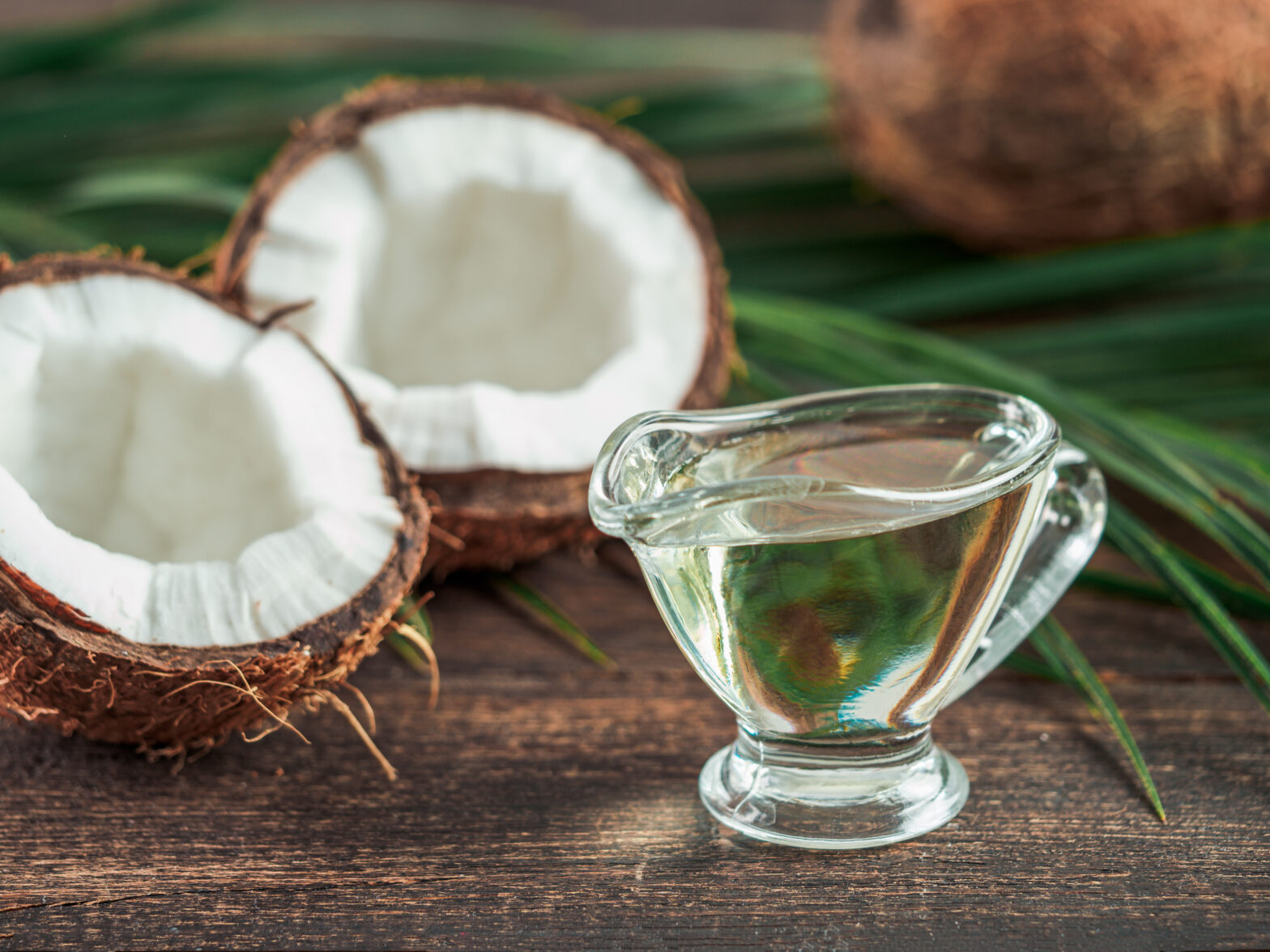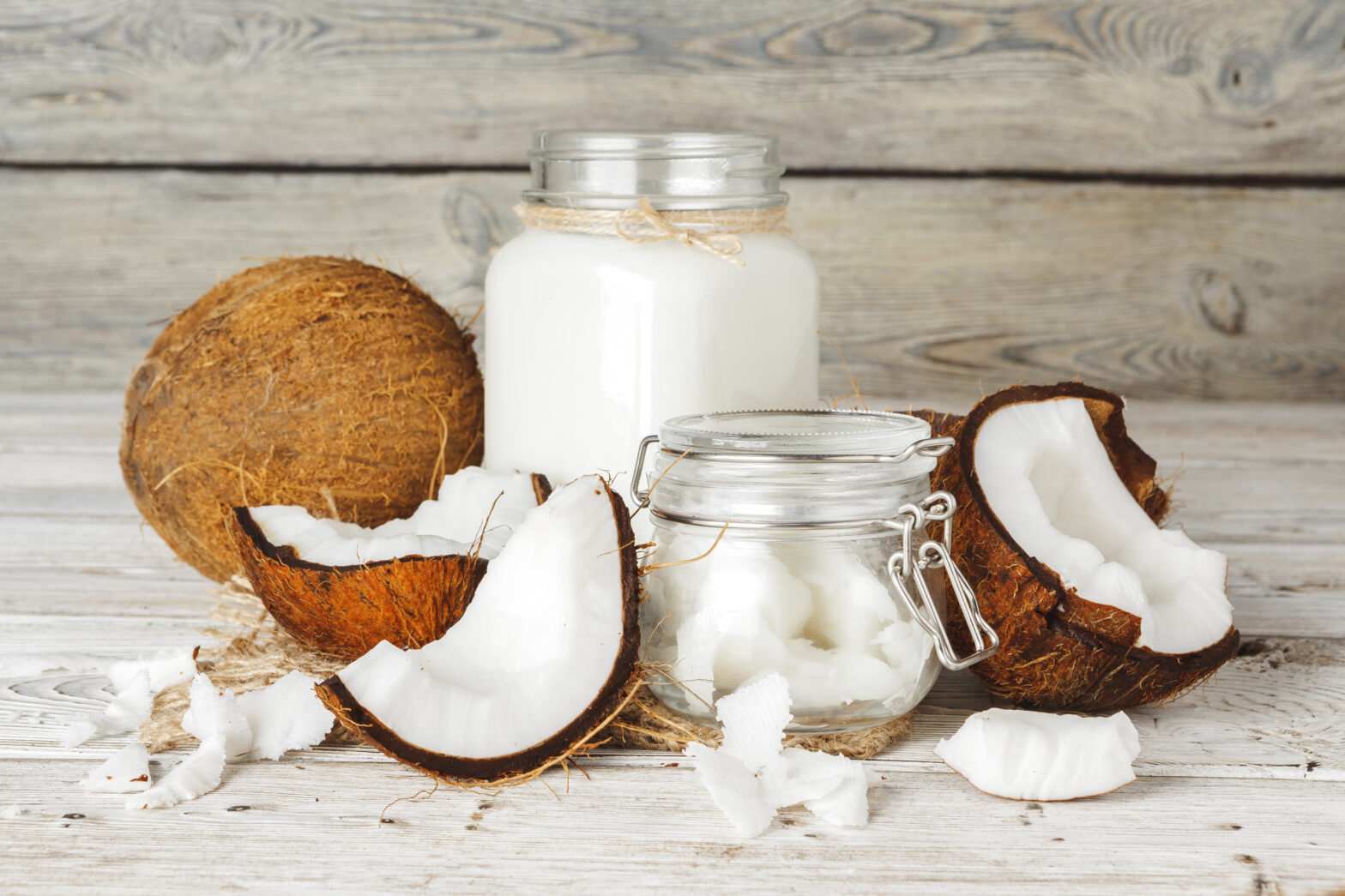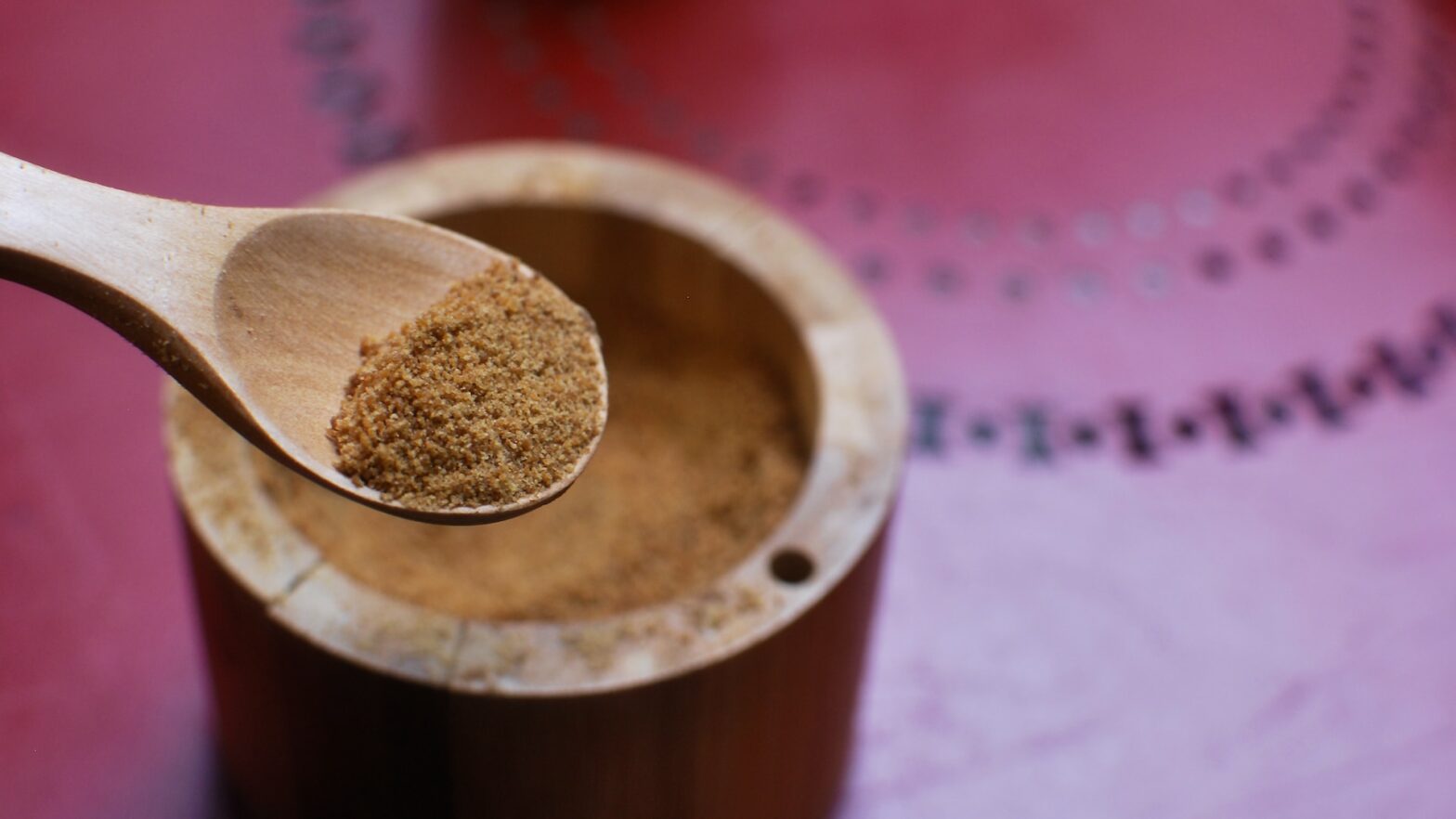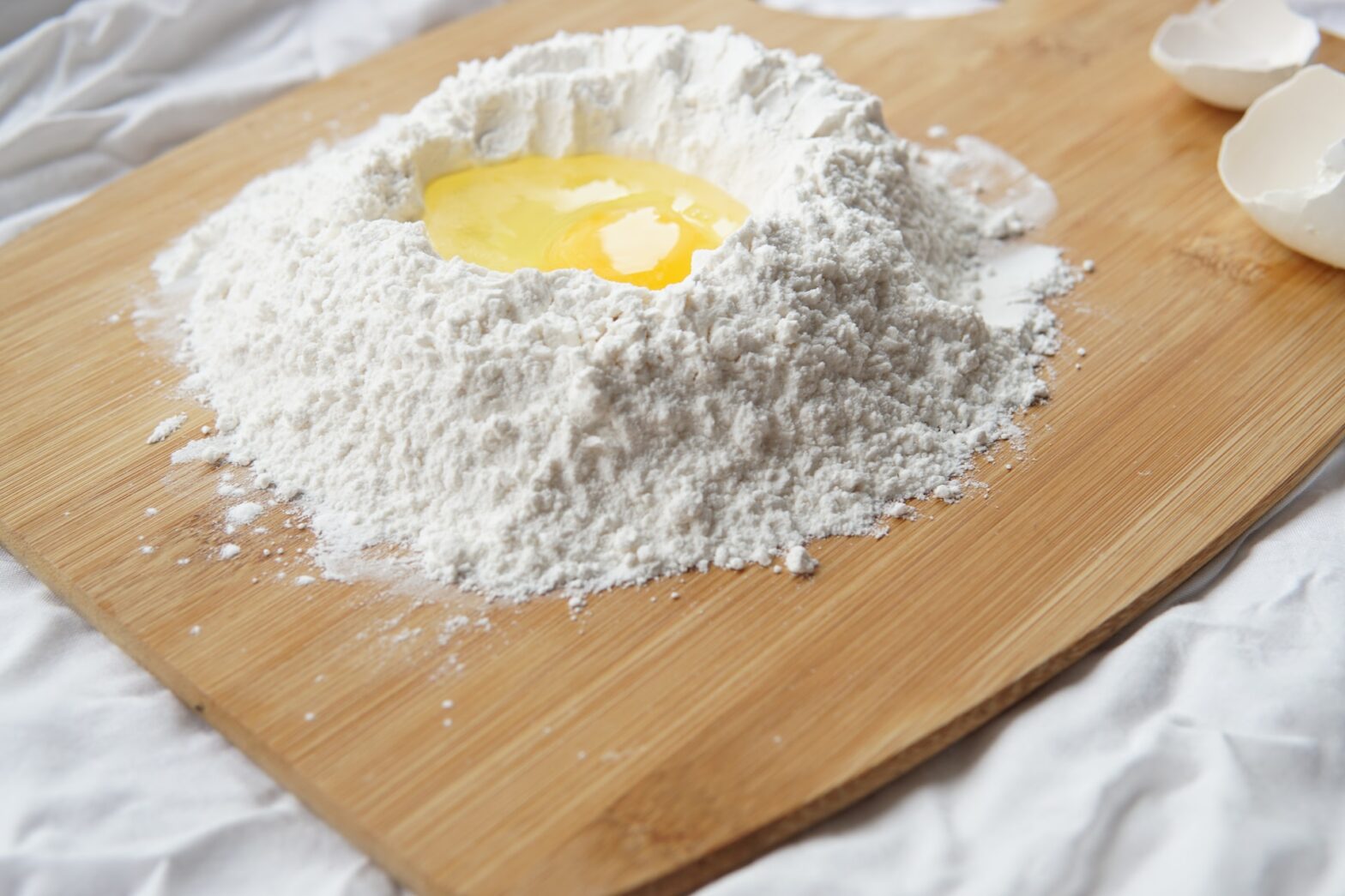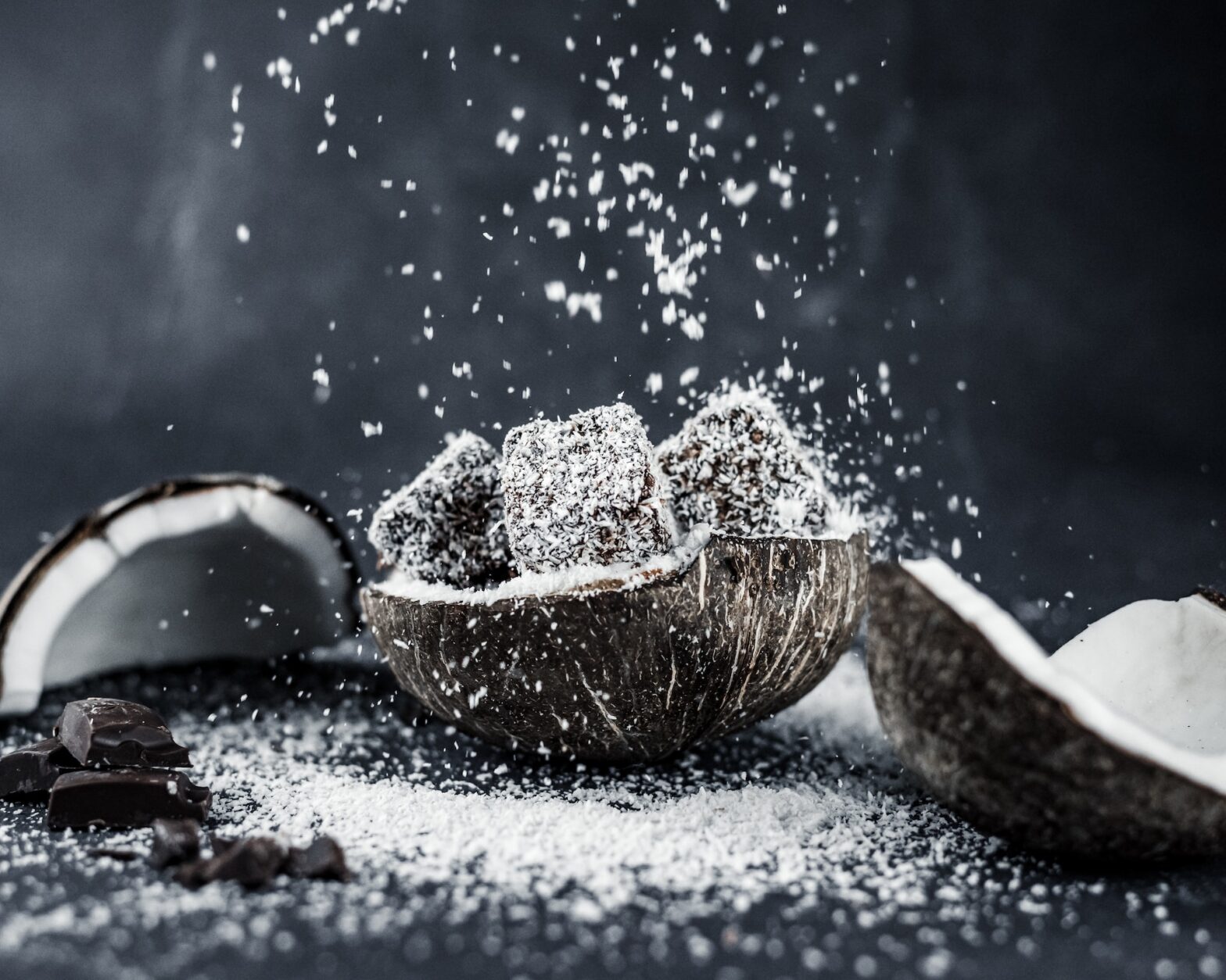Navigating the world of online shopping can be challenging, especially when it comes to identifying premium, ethically-sourced products like coconut oil, flour, milk powder, and more. As consumers become increasingly conscious of their purchases’ impact on both their health and the environment, knowing the criteria to evaluate the quality and sustainability of coconut products is essential.
In this article, we provide you with a comprehensive checklist to ensure informed decisions when buying premium and ethically-sourced coconut products online, highlighting Ceylon Exports & Trading (Pvt) Ltd’s dedication to responsible practices and product excellence.
Get ready to familiarize yourself with key factors, including product origin, certifications, extraction methods, and sustainability efforts that set top-tier coconut products apart from the rest. By understanding these indicators, you can confidently select superior, eco-friendly coconut products and support responsible suppliers like Ceylon Exports & Trading (Pvt) Ltd. Let’s dive in and discover the essential elements on your go-to checklist for purchasing the very best coconut products online!
1. Know the Product Origin
One of the first steps in ensuring premium quality and ethically-sourced coconut products is to identify where they originate. Coconuts from various regions may exhibit differences in flavor, consistency, and nutritional profile. Additionally, the country of origin may provide insights into the supplier’s adherence to ethical and sustainable practices.
Ceylon Exports & Trading (Pvt) Ltd, a leading global supplier of coconut products, sources its ingredients from Sri Lanka, a region celebrated for its fertile soils and abundant, high-quality coconut harvests. By tracing the origin, you can be assured that your coconut products come from lands where sustainable agricultural practices are implemented and maintained.
2. Check for Certifications and Quality Standards
Certifications and industry quality standards are crucial when it comes to evaluating coconut products’ quality and ethical sourcing. Some essential certifications and quality standards to look for include:
- Good Manufacturing Practices (GMP): This certification indicates that the company adheres to the standards set by food safety regulatory authorities, ensuring the highest quality products.
- USDA Organic: The USDA Organic certification ensures that the product has been produced using approved organic farming practices, without the use of chemical fertilizers, pesticides, or genetically modified organisms.
- Non-GMO Project Verified: A Non-GMO Project Verified seal indicates that the product has been produced without the use of genetically modified ingredients. This certification is particularly important for those looking to avoid GMOs in their food choices.
- Fair Trade Certification: This certification signifies that the company follows ethical trade practices, ensuring fair wages, safe working conditions, and environmental protection within their supply chain.
Ceylon Exports & Trading (Pvt) Ltd is committed to maintaining these high-quality standards and certifications, reflecting a dedication to delivering only the finest, ethically-sourced coconut products to the market.
3. Understand Extraction Methods and Processes
The extraction method used in producing coconut products plays a significant role in determining the quality and nutrient content of the final product. Two primary extraction methods are cold-pressing and expeller-pressing:
- Cold-Pressed: Cold-pressed coconut oil, for instance, is extracted using a mechanical process involving minimal heat. This method helps retain the oil’s nutritional profile, aroma, and flavor. Cold-pressed coconut oil is a highly desirable product due to its premium quality and superior taste.
- Expeller-Pressed: Expeller-pressed coconut products are produced using heat and pressure applied through mechanical means. This method may result in a loss of some nutrients, aroma, and flavor due to the heat exposure. However, expeller-pressed products are often more accessible and budget-friendly.
When selecting premium coconut products, it is essential to opt for cold-pressed options, such as Ceylon Exports & Trading (Pvt) Ltd’s Virgin Coconut Oil, which preserves the full spectrum of nutrients, taste, and aroma.
4. Evaluate Sustainability Efforts
As concerns for the environment continue to grow, supporting companies with sustainability efforts becomes increasingly important. Ethical suppliers like Ceylon Exports & Trading (Pvt) Ltd prioritize eco-friendly practices, minimizing their carbon footprint and contributing positively to the environment. Here are some factors to consider when evaluating a company’s sustainability efforts:
- Zero-Waste Policy: Companies that implement zero-waste policies aim to minimize waste generated during production by efficiently utilizing resources and repurposing by-products. Ceylon Exports & Trading (Pvt) Ltd, for instance, repurposes coconut husks and shells for various applications, such as coir products and green charcoal.
- Renewable Energy Usage: Ethical suppliers reduce their environmental impact by utilizing renewable energy sources, such as solar and wind power, during the production process.
- Regenerative Farming Practices: Companies that prioritize sustainability will engage in regenerative farming practices like agroforestry, crop rotation, and soil management to maintain a thriving ecosystem and reduce the environmental impact of agriculture.
Ceylon Exports & Trading (Pvt) Ltd showcases its commitment to sustainability through these various initiatives, ensuring that customers receive high-quality, environmentally responsible products.
5. Review Company Transparency
Transparent communication regarding production processes, certifications, and ingredients is essential when it comes to choosing ethically-sourced coconut products. A company that openly shares this information demonstrates a commitment to maintaining trust and providing customers with peace of mind when purchasing their products. By reviewing a supplier’s website, you can gather essential information about their products, practices, and standards.
Ceylon Exports & Trading (Pvt) Ltd serves as an example of transparent communication, providing detailed insights into their processes, certifications, and sustainable efforts. This level of openness helps customers feel confident in their purchases, knowing they are supporting responsible, eco-friendly suppliers.
Empower Your Choices with Ceylon Exports & Trading (Pvt) Ltd’s Premium, Ethically-Sourced Coconut Products
By considering the critical factors outlined in this comprehensive checklist, you can confidently purchase premium, ethically-sourced coconut products online. Prioritizing product origin, certifications, extraction methods, sustainability efforts, and company transparency will help ensure that your coconut products are of the highest quality, benefiting both your health and the environment.
As a reliable coconut suppliers in Europe, Ceylon Exports & Trading (Pvt) Ltd guarantees exceptional coconut products sourced from the fertile lands of Sri Lanka. With our commitment to strict quality control, responsible sourcing, and sustainable practices, you can rest assured that your purchase supports a company that strives for excellence and cares about the planet. Ready to explore our range of high-quality, ethically-sourced coconut products? Browse our extensive collection of premium coconut products today!




